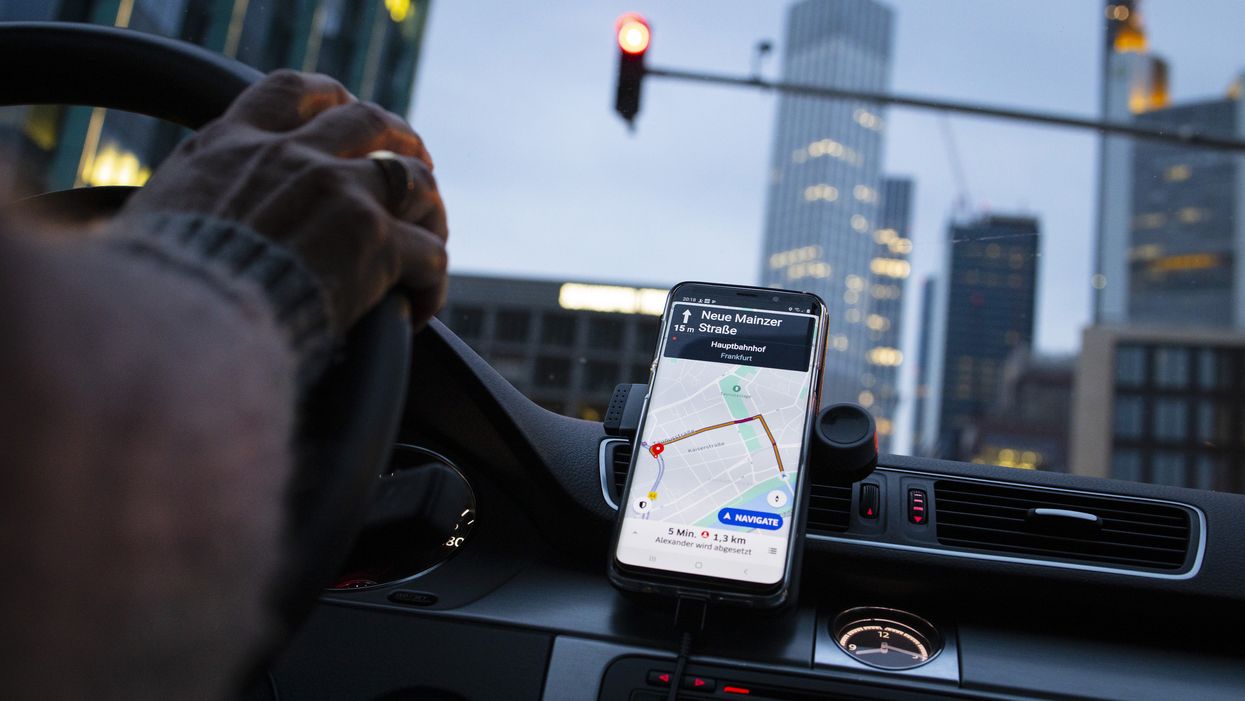
Alex Kraus/Bloomberg via Getty Images

Small businesses rely heavily on third-party providers
The California Assembly on Thursday passed a proposal that would tighten regulations on companies such as Uber that use independent contractors.
The AB5 bill, which was approved by a vote of 59-15, would force companies to prove its gig workers don't qualify as employees.
Now, the bill is headed to the state Senate.
The Labor Federation-sponsored bill would require companies to pass a three-part test to determine whether or not a worker is entitled to benefits and labor protections, including paid parental leave, overtime pay, unemployment insurance and a guaranteed wage of $12 an hour.
"This kind of started with Uber and Lyft, but now we've seen a proliferation of this business model that is essentially built around this classifying workers as independent contractors and cheating those workers out of basic protections in the law," Steve Smith, spokesman for the California Labor Federation, told The Hill.
The bill would expand last month's California Supreme Court's decision known as Dynamex, according to The Guardian.
In its decision, the court ruled that businesses should use the "ABC" test when determining who is eligible for minimum wage and overtime pay. The decision did not address other issues that are included in AB5.
Before a company hires a contractor, it must prove the following, according to the bill's text:
State Rep. Lorena Gonzalez (D), who authored the bill, thanked her colleagues for supporting the measure.
"Big businesses shouldn't be able to pass their costs onto taxpayers while depriving workers of the labor law protections they are rightfully entitled to. Thank you to my Assembly colleagues for the bipartisan support today and voting #YesOnAB5. #AB5 now heads to the State Senate," Gonzalez tweeted Thursday.
The bill could devastate many businesses, according to Jack Frost, president of Pro-Small Biz California.
"Small businesses rely heavily on third-party providers because they don't have the wherewithal in many cases" to hire employees for some tasks, Frost told the San Francisco Chronicle. "Independent contractors help create efficiencies and a profitable bottom line."
Independent contractors would lose many of their freedoms, Lyft explained in a statement after the bill passed in the Assembly, the Lewiston Tribune reported.
"Lyft drivers overwhelmingly prefer the freedom of working where, when and how much they want," the company said.
Democrats have a supermajority in both the California General Assembly and the Senate, which means the bill is likely to pass and become law.